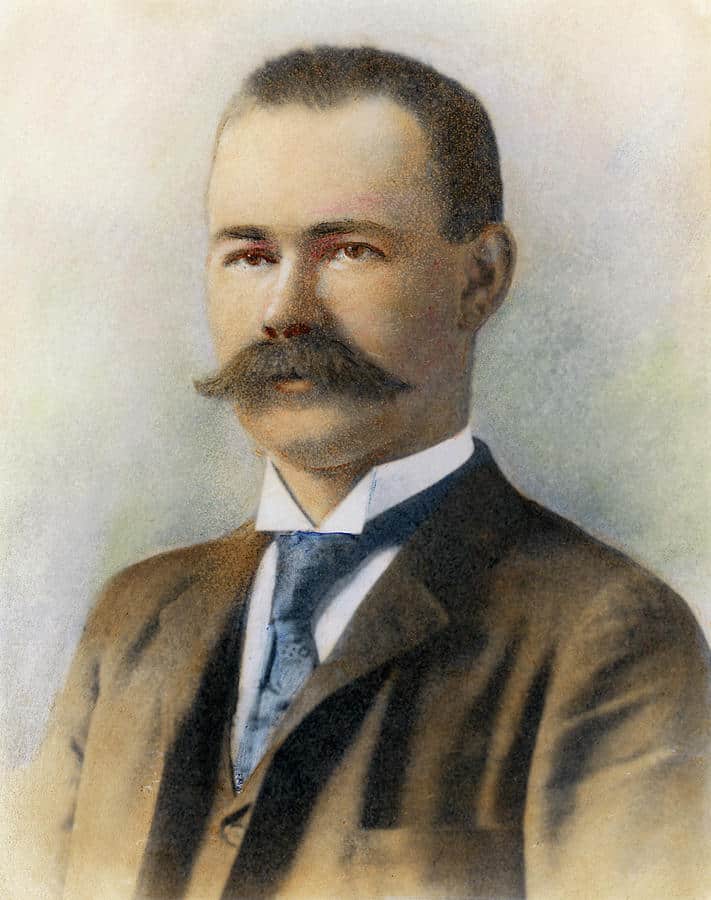This Biography is about one of the best Father of modern automatic computation Herman Hollerith including his Height, weight, Age & Other Detail…
| Biography Of Herman Hollerith | |
| Real Name | Herman Hollerith |
| Famous as | Father of modern automatic computation |
| Nationality | American |
| Personal life of Herman Hollerith | |
| Born on | 29 February 1860 |
| Birthday | 29th February |
| Died At Age | 69 |
| Sun Sign | Pisces |
| Born in | Buffalo |
| Died on | 17 November 1929 |
| Place of death | Washington, D.C. |
| Family Background of Herman Hollerith | |
| Father | Prof. Georg Hollerith |
| Mother | Franciska |
| Spouse/Partner | Beverley Talcott |
| Education | Columbia University, City College of New York, Columbia University School of Engineering and Applied Science, Massachusetts Institute of Technology |
| Discoveries / Inventions | Tabulator, Punched Card |
| Awards | Elliott Cresson Medal (1890) World’s Columbian Exposition – Bronze Medal (1892) National Inventors Hall of Fame (1990) |
| Personal Fact of Herman Hollerith | |
|
Widely recognized as one of the founding fathers of modern automatic computation, Herman Hollerith was an American statistician who created a mechanical tabulator that rapidly arranged millions of pieces of data into statistics. His designs for tabulating and sorting machines and the key punch became the standard for the information processing/computing industry for almost a century. His developments influenced the computing field for nearly an entire century, and his contributions to modern computing were not limited to just the tabulating machine and sorter. He also created the first key punch and automatic card-feed mechanism and even took the first steps toward programming when he added a wiring panel to his 1906 tabulating machine. As a result, the machine could complete different tasks without having to be completely rebuilt. This innovation is considered the foundation of today’s information processing industry. His invention was the forerunner of the computer, a device which affects virtually every facet of modern life. In addition to being an accomplished and ingenious inventor, he also founded one of the companies that would later become IBM. He is still remembered as one of the founding fathers of modern programming, the father of information processing, and the world’s first statistical engineer. |
|




